Have you ever heard of the cosmic insignificance therapy? To say that this whole concept is interesting will be an understatement. This article is going to dive deep into what is cosmic insignificance therapy and how it can help us navigate our way through life and emotions.
KEY POINTS
- Cosmic insignificance therapy invites us to create distance to our challenges, emotions, and thoughts.
- Coined by Oliver Burkeman, it is an ancient technique with roots in Stoicism and Asian wisdom traditions.
- It can help us take ourselves and our problems less seriously and to become more serene.
What Is Cosmic Insignificance Therapy?
Cosmic insignificance therapy is a term coined by Oliver Burkeman, the author of the brilliant book 4,000 Weeks: Time Management for Mortals. The idea is rooted in Stoic thought and other ancient wisdom traditions.
It promotes bigger-picture thinking, perspective-taking, zooming out, and defusing from our immediate thoughts and feelings.
But what’s so great about all of that? How can an awareness of our own insignificance in the greater scheme of things help us live our lives with more equanimity, calmness, and cheer?
Related: What Does It Mean To Be A Stoic? 19 Common Stoic Personality Traits And Characteristics
Defusion
Psychologists have already established the powerfully positive effects of “defusing” from our immediate thoughts and feelings. Defusion is a feature of psychological flexibility and a central concept in ACT (acceptance and commitment therapy).
It is a vital tool for not getting too caught up in our permanently evolving thought- and feelingscapes. As the name suggests, defusion allows us to gain a healthy distance from thoughts and feelings that might not be helpful, and to adopt the position of a curious and friendly observer instead.
At a simple level, defusion might look like this: Rather than thinking “I am sooo angry right now,” which indicates that we are fully caught up in and entangled with the emotion with zero distance to it, we can train ourselves to think “I note that I am experiencing anger,” and to look at our anger with a sense of curiosity.
Inserting this small but absolutely crucial distance between ourselves and our thoughts prevents us from getting trapped in that state, losing a sense of perspective and proportionality, and reacting impulsively.
In short, the art of defusion gives us an opportunity for acting more measured and wisely.
We can imagine our minds as akin to sushi belt conveyors that keep presenting us with an endless choice of dishes. Some of these dishes are appealing, others less so. Some might even be toxic.
The point is that we don’t have to pick each one of them up. We can learn to let these dishes travel past us and to become much more discerning about what we put on our table and ingest.
Many Asian traditions, too, seek to help us develop mental arts for becoming more detached observers of what is going on in our inland empire.
Most meditation practices, for example, are about learning to become dispassionate watchers of our thoughts and feelings and then to let them go without becoming too attached to them, or getting caught up in judgments.
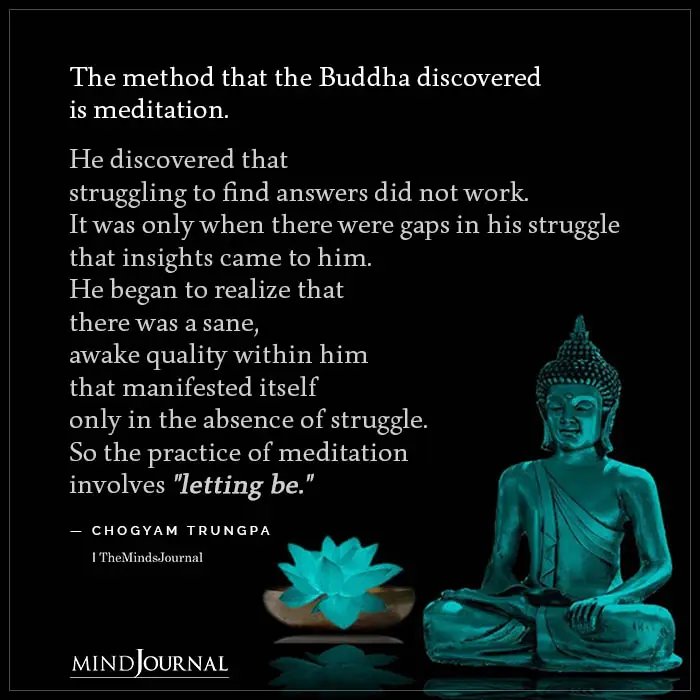
Cosmic insignificance therapy takes these approaches to an altogether different level. While defusion and mindfulness invite us to hover just a little bit outside and above ourselves, cosmic insignificance therapy asks us to zoom out much further—in fact, all the way into outer space.
It encourages us to look at the planet as a pale blue dot in deep space, and us as the tiniest spec upon this dot.
Naturally attuned to such a perspective, the astronomer Carl Sagan put it this way: “On the scale of worlds—to say nothing of stars or galaxies—humans are inconsequential, a thin film of life on an obscure and solitary lump of rock and metal.”
Related: The Liar Paradox: The Philosophical Puzzle That Will Make You Question Everything
A Cosmic Viewpoint
We can obviously not think like that all the time—it would cost a lot of mental energy, and probably drive us quite mad. However, we can learn to activate a cosmic viewpoint in times of intense stress and trouble, which will put our own suffering and challenges into a much broader spatial and temporal context that will provide solace.
Such a viewpoint will remind us that we are not alone, and that, ultimately, what we are experiencing might not be as consequential or catastrophic as we think in the wider scheme of things.
I use this technique regularly with my coaching clients, and it always opens up creative new ways of seeing and being.
Sagan put it this way: “Who are we? We find that we live on an insignificant planet of a humdrum star lost in a galaxy tucked away in some forgotten corner of a universe in which there are far more galaxies than people.”
Crucially, inhabiting a cosmic perspective—even if only shortly—opens up the possibility of cultivating more light-heartedness in our lives. It may open the door for adopting a more humorous view of our struggles.
Why? Because radical perspective-shifting of that kind requires a temporarily diminished sense of self-importance. It may foster within us the ability to laugh about ourselves, even in times of hardship. It will activate in us another ancient virtue—that of humility.
Cosmic insignificance therapy is rooted in the ability to switch our perspective from subject to object, from inner to outer, from within to beyond and above the self.
The farther we can zoom out and distance ourselves from our immediate emotions and worries, and see ourselves as part of something much bigger, the more we will be able to access humour and lightness as essential coping tools that can help us live with more serenity.
Of course, a cosmological perspective also includes an acknowledgment of our mortality. As Burkeman reminds us, we have an average lifespan of about 4,000 weeks. The Stoic emperor Marcus Aurelius constantly tried to recall into consciousness the transience of phenomena, the flux and cyclical nature of change, and the great equalizer that is death.
Like his Stoic colleagues Epictetus and Seneca, Aurelius was extremely cavalier about the end. Death—so what, he shrugged: “You embarked, you set sail, you made port. Go ashore now. […] You should always look on human life as short and cheap. Yesterday sperm: tomorrow a mummy or ashes.”
Cosmic insignificance therapy does not yet exist as a proper evidence-based set of psychological interventions. But numerous coaches like me, and especially the rapidly growing cohort of philosophical counselors who deploy philosophical ideas as active healing ingredients in their practice, use the core ideas and concepts in their practice.
Related: Philosophy 101: 10 Philosophical Concepts To Help You Navigate Life’s Complexities
The data jury is still out, of course, but based on my experience with my own coaching clients, my strong sense is that rather than fostering nihilism and despair, cosmic insignificance therapy generates more light-heartedness, laughter, and empathy for our shared human lot, while opening up generative new ways of seeing our problems from an altogether different perspective.
Want to know more about cosmic insignificance? Check this video out below!
References:
Nick Romeo. When Philosophers Become Therapists. The New Yorker. December 23, 2023.
“If you’d like to explore coaching with Anna, feel free to book a free 30-minute coaching exploration call with her here: https://www.annakschaffner.com/contact
Written By Anna Katharina Schaffner
Originally Appeared On Psychology Today
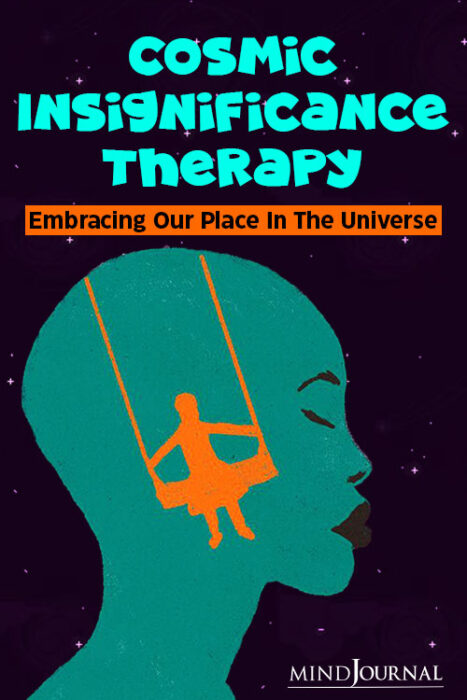
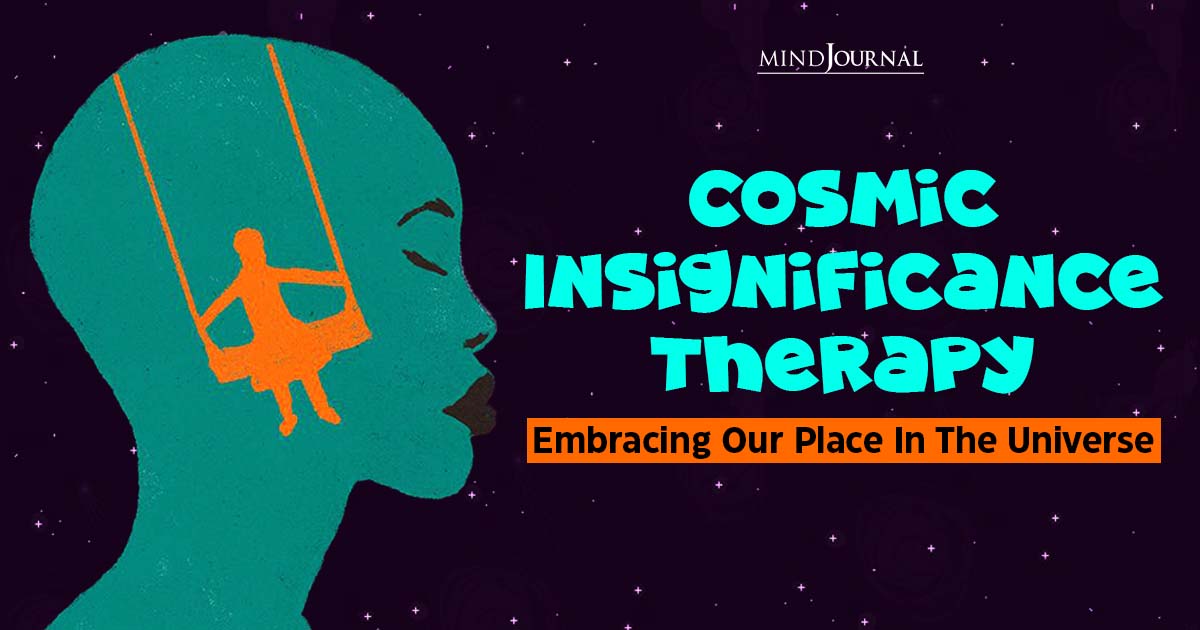
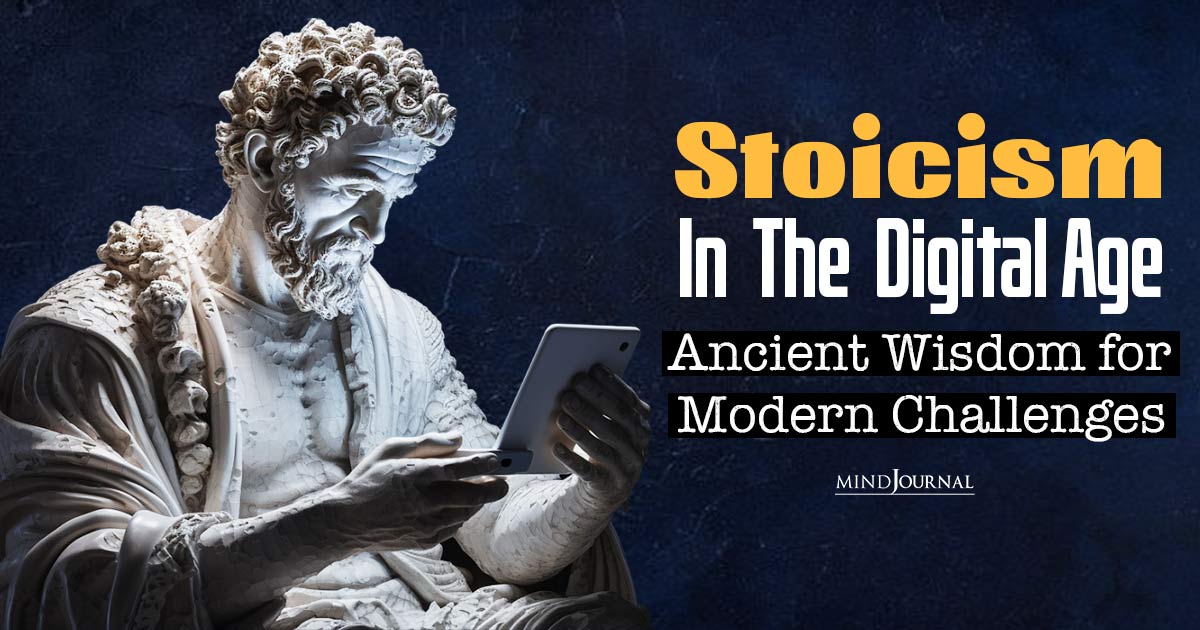


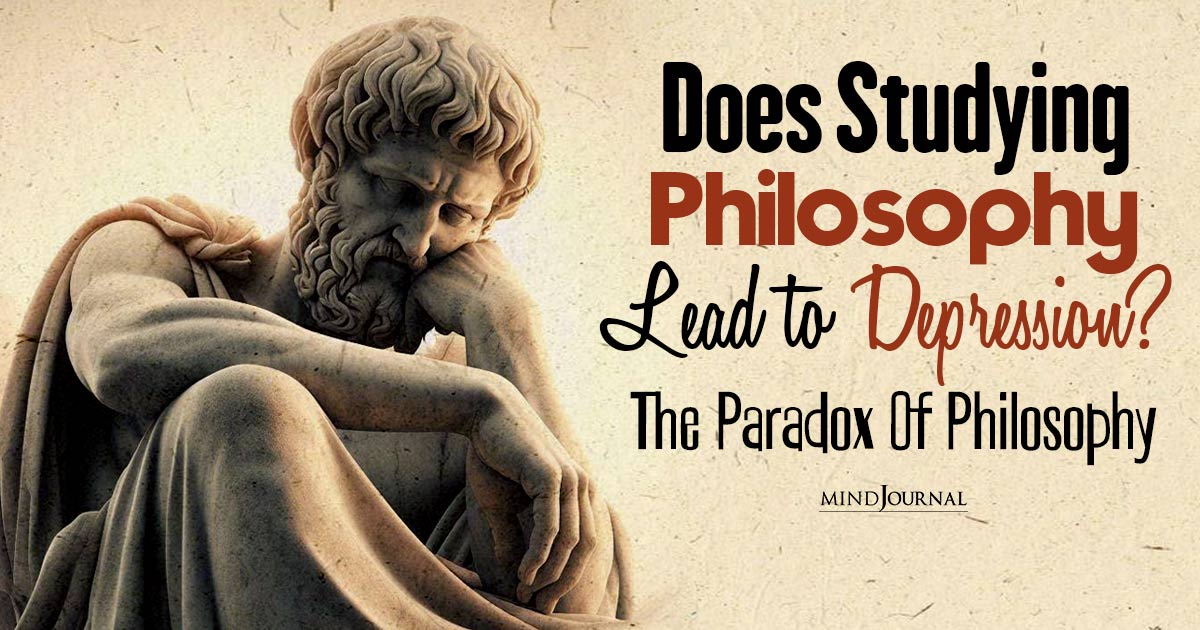
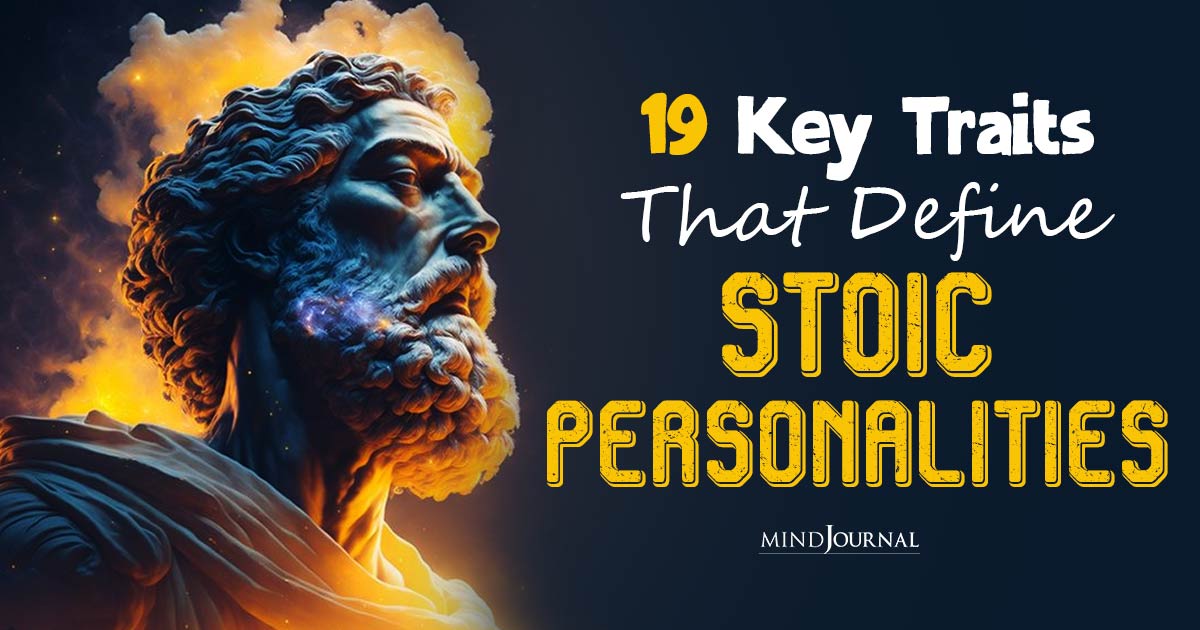
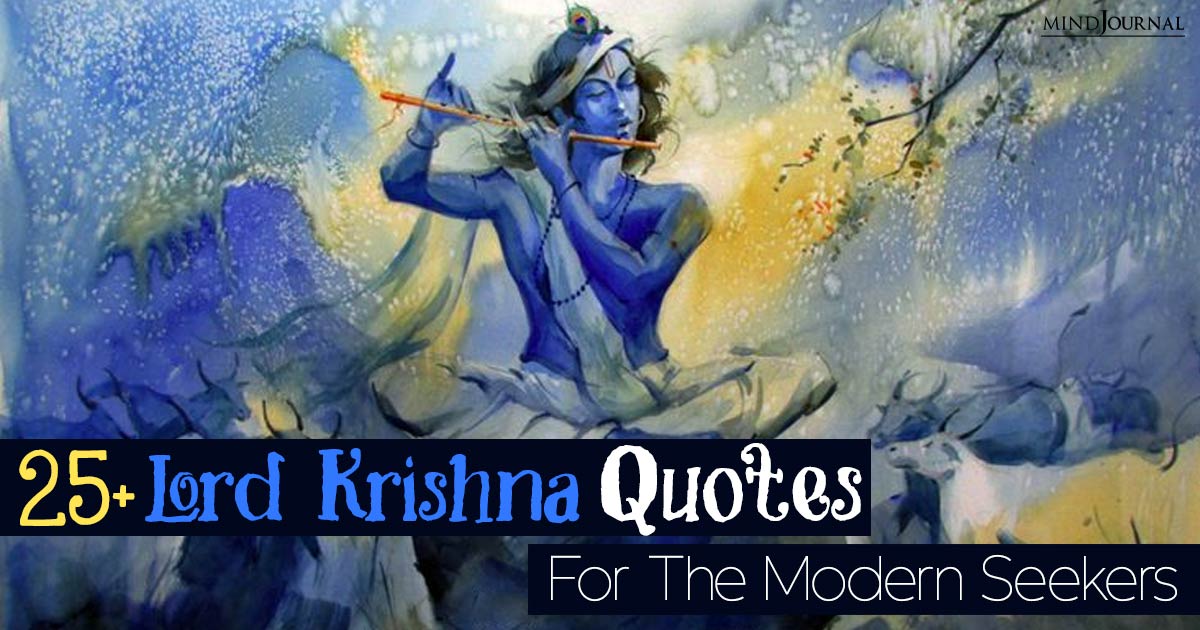
Leave a Reply
You must be logged in to post a comment.